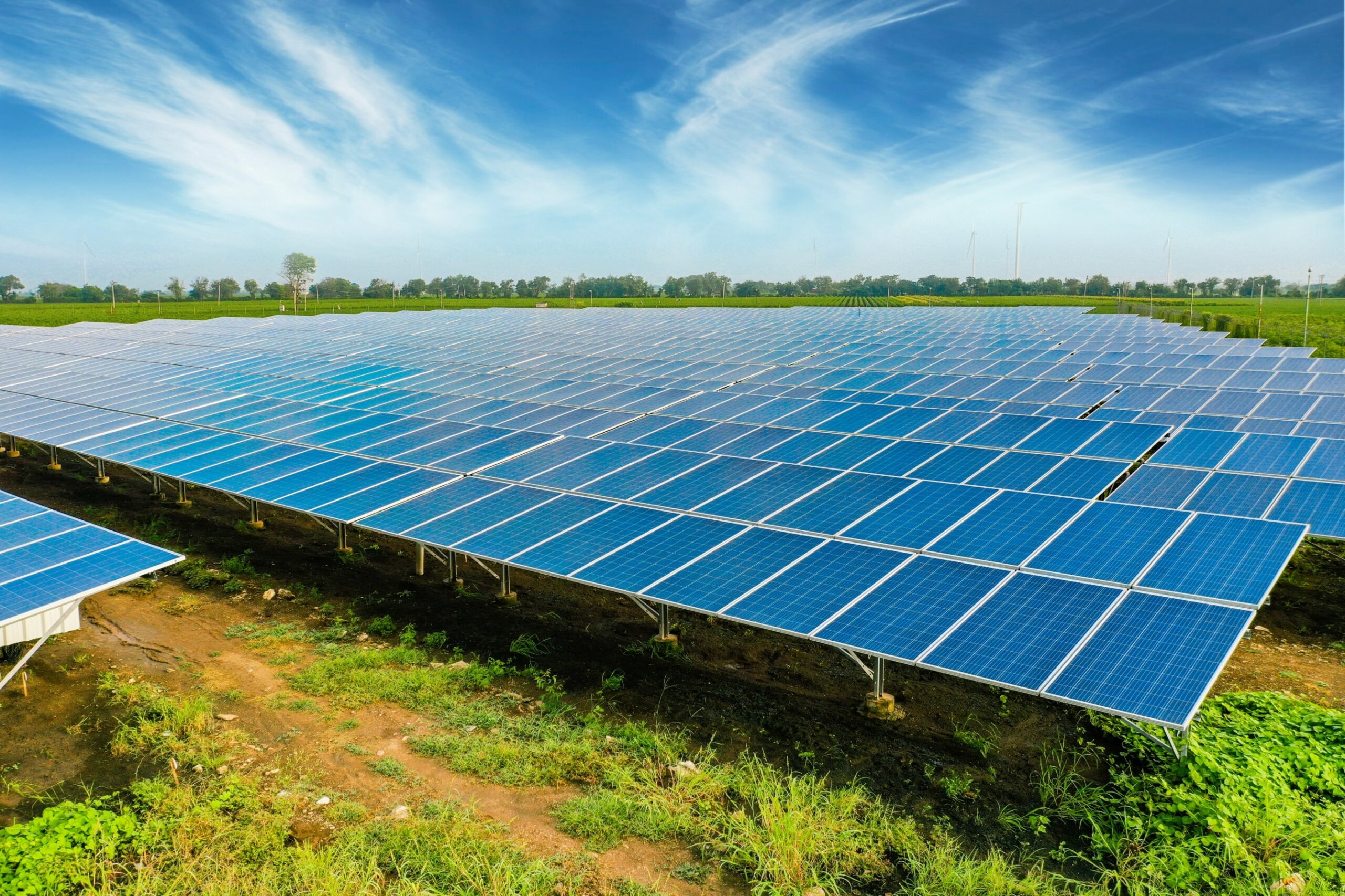Optimize Power Savings With High-Quality Solar Panels
Optimizing power cost savings through making use of top quality solar panels is a diverse strategy that requires mindful factor to consider of modern technology, installation, and maintenance. Selecting high-efficiency choices, such as monocrystalline panels, can significantly boost electricity generation, while durability and warranty terms play a vital duty in lasting financial stability. Comprehending the possibility for government rewards can magnify the return on investment. The trip does not end with the purchase; the nuances of setup and ongoing maintenance are equally crucial to accomplishing optimum results. What aspects should home owners prioritize to guarantee they understand these advantages completely?
Advantages of Solar Energy
The benefits of solar power are numerous and considerable, making it a progressively appealing alternative for both residential and industrial applications. Among the key advantages is its prospective to reduce power bills. By using sunshine, homeowner can produce their very own power, decreasing dependence on conventional energy resources and eventually resulting in considerable financial savings.
One more essential benefit is ecological sustainability. Solar power is a clean, renewable energy that assists to minimize greenhouse gas emissions, adding to a reduction in air pollution and climate adjustment. This aligns with global initiatives to change in the direction of even more sustainable energy services.
Furthermore, solar power systems can increase property worth. Houses and organizations geared up with photovoltaic panels often have greater resale worths, interesting environmentally-conscious buyers and financiers. Moreover, federal government incentives, such as tax credit ratings and rebates, can offset installment costs, making solar power also more monetarily practical.
Lastly, solar technology advertises energy independence. By buying solar power, individuals and businesses can reduce their susceptability to fluctuating energy prices and supply disruptions, cultivating better control over their power resources. Collectively, these benefits highlight the engaging factors to consider solar power options.
Selecting the Right Solar Panels
Picking the appropriate photovoltaic panels is a crucial step in maximizing the effectiveness and benefits of a solar power system. When examining solar panels, numerous factors should be thought about to ensure ideal performance and lasting cost savings.
First, evaluate the panel's effectiveness ranking, which shows just how efficiently it transforms sunlight right into electrical energy. Greater effectiveness panels may have a greater ahead of time cost yet can produce even more power in limited room. Next, examine the guarantee supplied by the manufacturer; a much longer service warranty usually shows a greater level of self-confidence in the product's sturdiness and efficiency.
In addition, think about the kind of photovoltaic panel innovation. Monocrystalline panels are known for their high efficiency and space-saving design, while polycrystalline panels have a tendency to be much more inexpensive yet slightly less efficient. Bifacial panels, which catch sunlight from both sides, are also gaining appeal for their potential to improve power output.
Finally, carry out a comprehensive testimonial of independent efficiency scores and consumer reviews to evaluate dependability and fulfillment. By carefully considering these aspects, house owners can make educated choices that align with their power requirements and monetary purposes, ultimately improving the roi for their solar power systems.
Understanding Setup Costs
Comprehending the expenses connected with installing solar panels is important for house owners seeking to buy renewable power. The overall installation cost can vary significantly based on several aspects, including system size, panel kind, installment intricacy, and geographic area.
Generally, the expense is computed on a per-watt basis, with typical prices ranging from $2.50 to $3.50 per watt prior to any kind of incentives. A conventional household system might set you back in between $15,000 and $25,000, depending on energy requirements and the selected components.
Along with the panels themselves, home owners need to take into consideration costs associated to inverters, mounting equipment, and electrical upgrades. Labor costs additionally play a critical role, as specialist installation ensures conformity with security standards and neighborhood guidelines.

Eventually, recognizing these installation expenses and possible economic benefits is necessary for property owners to make educated decisions read here regarding transitioning to solar power.

Upkeep for Long-Term Savings
Preserving photovoltaic panels is crucial for optimizing long-lasting power savings and making sure the system runs at peak performance. Routine upkeep entails a number of vital practices that can considerably improve the long life and performance of solar installments.
First, regular inspections should be conducted to identify any physical damage or wear, such as splits or loosened connections. Cleansing the panels is also necessary, as dust, dust, and debris can obstruct sunlight, decreasing power output (Solar Panels). It is recommended to clean the panels a minimum of twice a year, or much more frequently in locations with high degrees of dirt or pollution
Additionally, keeping track of the system's efficiency through a tracking software application can provide real-time data on power production and alert homeowners to any type of anomalies. This great site positive technique enables prompt repair services, minimizing downtime and preserving optimum power generation.
Ecological Impact of Solar Energy
The ecological effect of solar power expands much beyond its prompt benefits of lowering electrical energy costs and dependence on nonrenewable fuel sources. By harnessing sunshine, solar power significantly lowers greenhouse gas emissions, therefore alleviating environment adjustment. Unlike conventional power sources such as coal or natural gas, solar power generation does not create air contaminants, adding to boosted air top quality and public health.
In addition, solar energy promotes biodiversity by lowering the requirement for nonrenewable fuel source removal, which frequently disrupts environments and environments. By transitioning to eco-friendly energy sources, we can protect natural landscapes and secure jeopardized varieties from habitat loss.
The life cycle of solar panels likewise provides a reduced ecological footprint contrasted to traditional power resources - Solar Panels. While producing photovoltaic panels entails some resource use and discharges, developments in innovation and recycling processes are continually reducing these influences. In addition, the long-term advantages of solar power-- such as reduced dependence on limited sources-- far exceed these initial expenses
Conclusion
In recap, the adoption of high-grade photovoltaic page panels presents considerable chances for energy cost savings and environmental benefits. By choosing proper innovations, such as monocrystalline panels, and making certain efficient setup, house owners can enhance power generation in restricted areas. Additionally, recognizing installment prices and upkeep demands even more adds to long-term cost savings. The critical positioning of photovoltaic panel choices with energy demands and federal government incentives boosts return on financial investment, promoting sustainability and decreasing reliance on standard power sources.